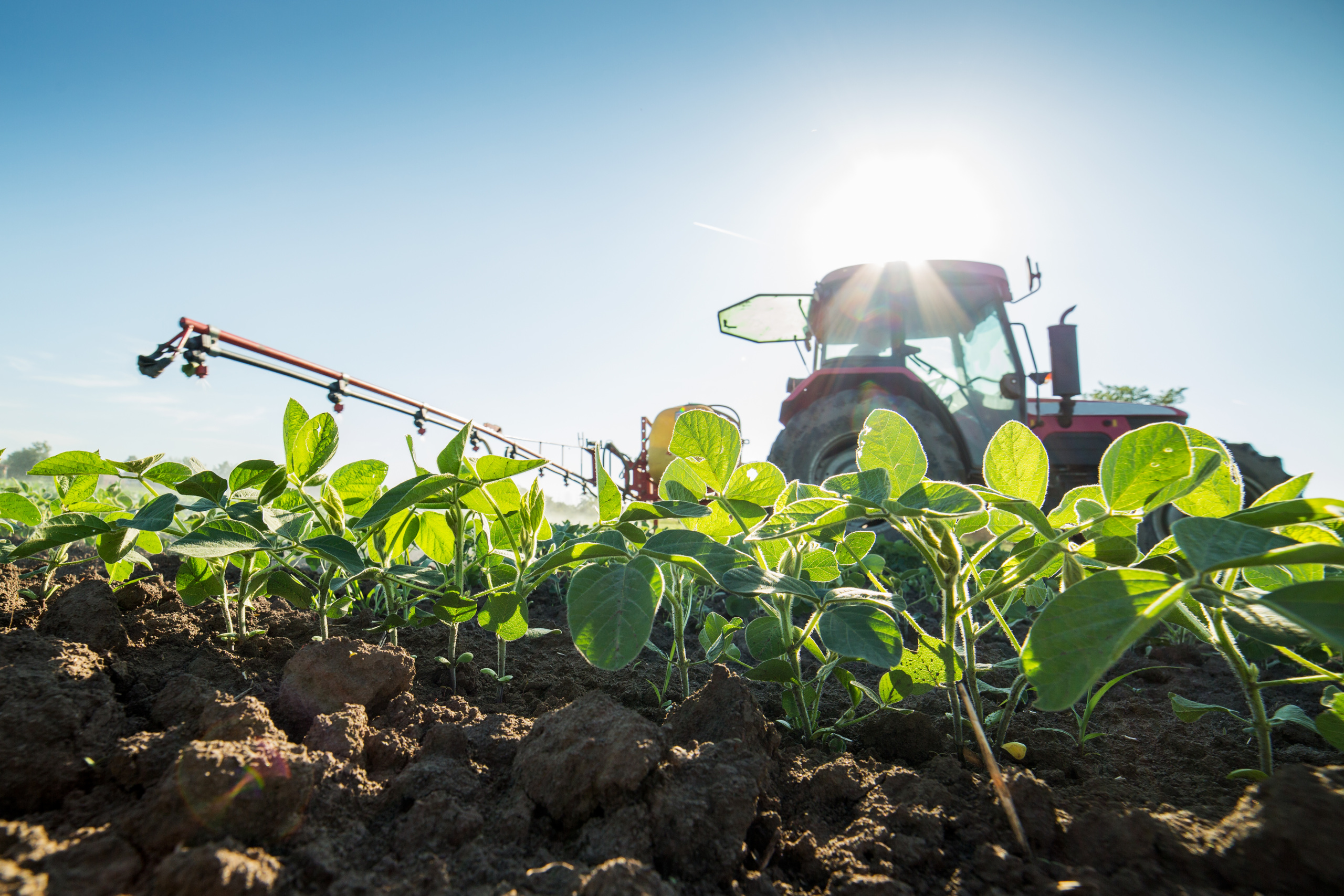
Tell the EPA: Ban dangerous, drifting dicamba
It's time for the Environmental Protection Agency (EPA) to ban this chemical once and for all to protect our health.
Too many bees are dying, but Massachusetts is taking action to change that by protecting our pollinators from dangerous pesticides.
On March 1, the Massachusetts Department of Agricultural Resources’ subcommittee on pesticides approved restrictions on a class of bee-killing pesticides called neonicotinoids, or “neonics.”
Bee populations are declining at an alarming rate — in April 2018, Massachusetts beekeepers reported a 64.9 percent annual loss in colony numbers. Research shows that neonics play a significant role in bee die-offs. By prohibiting the unlicensed use of neonics on lawns, turf, trees, shrubs and gardens, Massachusetts will become a leader in prioritizing pollinators over toxic, unnecessary pesticides.
“This is good news and an important step forward toward our ultimate goal of significantly curtailing the use of bee-killing neonics,” said MASSPIRG Legislative Director Deirdre Cummings. “We need to protect our bees — so much of the food we eat has been pollinated by these incredible little insects.”
Learn more about our ongoing work for even stronger neonic restrictions.

Photo: If we want to protect bees and other pollinators that are integral to the health of our ecosystems, we need to ban the pesticides that have contributed to massive bee die-offs in recent years. Credit: kuzvikt via Pixnio
It's time for the Environmental Protection Agency (EPA) to ban this chemical once and for all to protect our health.
SEND YOUR MESSAGE
Former Content Creator, Editorial & Creative Team, The Public Interest Network